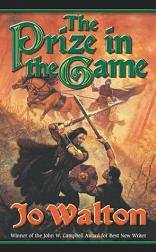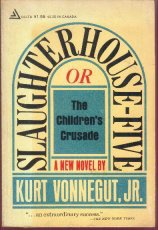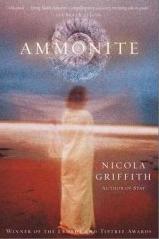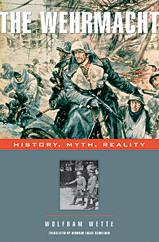
The Prize in the Game
Jo Walton
341 pages
published in 2002
I’ve known Jo Walton a long time, from before she became a succesful novelist, when she was “just” one of the most interesting posters in various Usenet groups like rec.arts.sf.written and Rec.arts.sf.fandom. You could therefore say I wanted this novel to be good. Fortunately, having read one of her earlier novels, The King’s Peace, I knew it was very likely going to be. And I was right.
Which reminds me that The Prize in the Game is actually set in the same world as The King’s Peace and functions as a sort of prequel to it, showing the background story of some of the secondary characters. You don’t need to have read it to enjoy The Prize in the Game however; it completely stands on its own. The quickest way to describe The Prize in the Game is as a coming of age novel set in a fantasy version of Celtic Ireland, in which some of the viewpoint characters may not actually come of age. Be careful though to assume too much from this; the island of Tir Isarnagiri differs from the real or even mythological Ireland in important ways. No leprechauns here.



